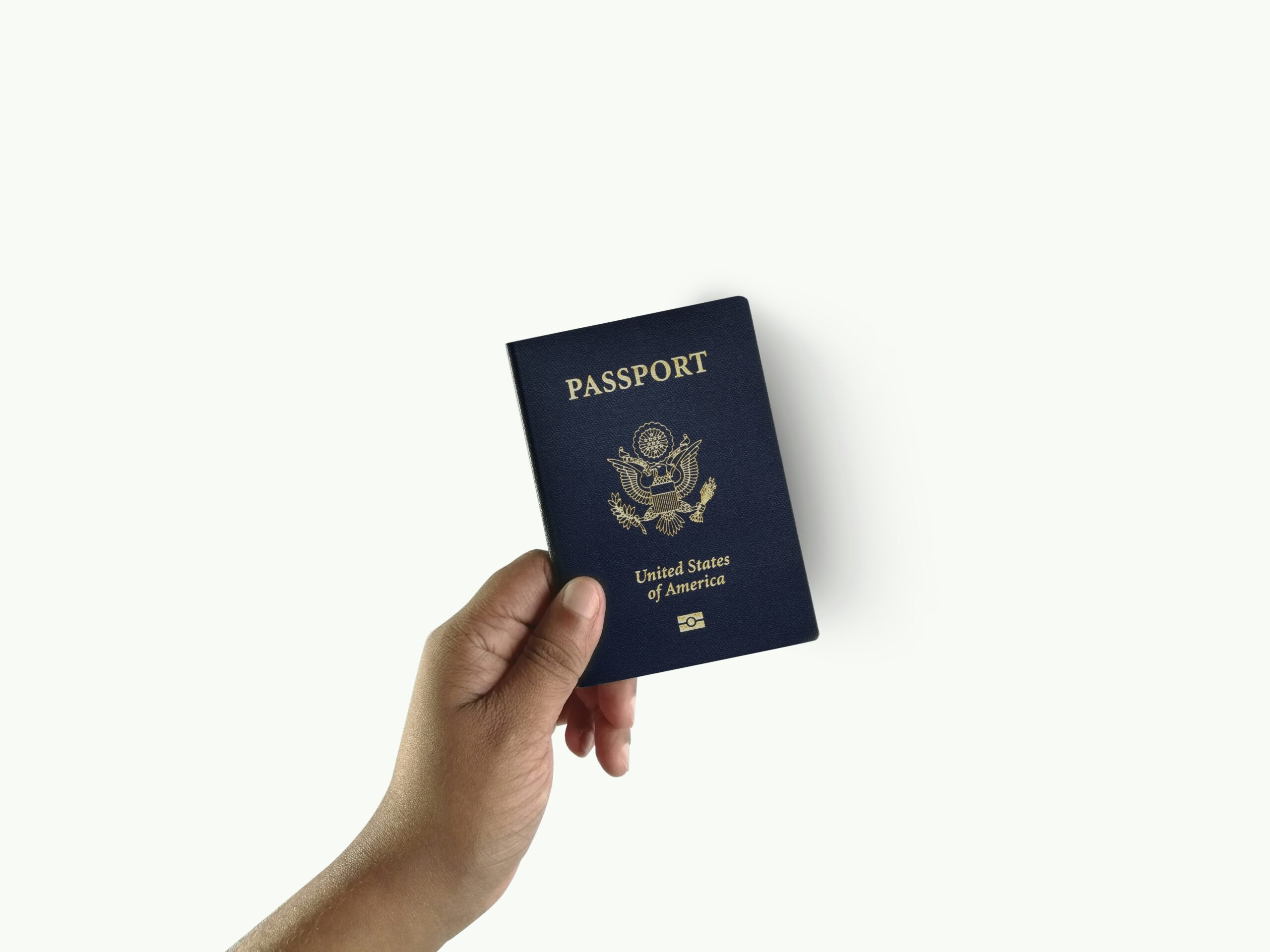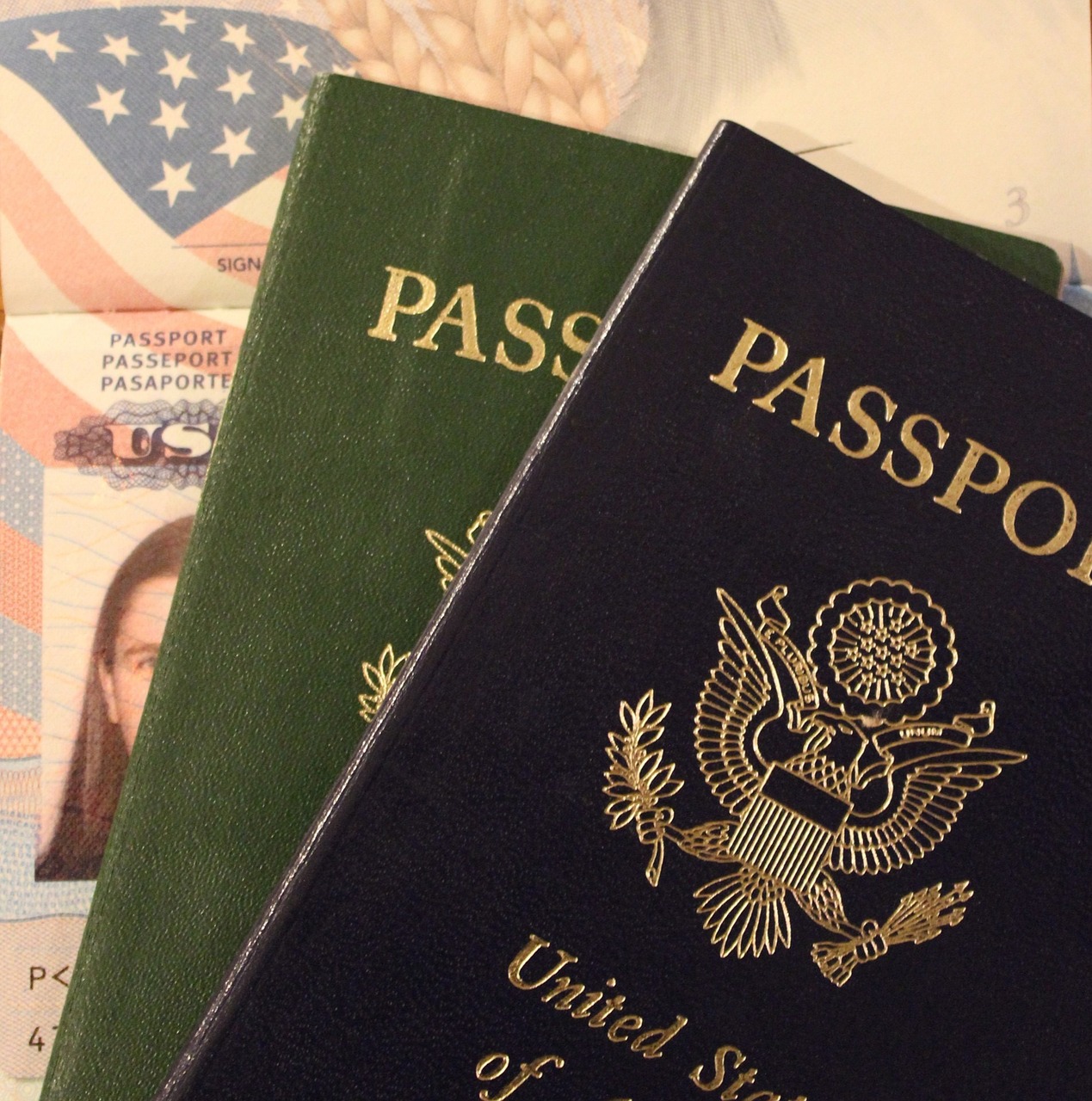On June 26, 2017, the U.S. Supreme Court announced that it would hear oral arguments on President Donald J. Trump's travel ban, which would temporarily prohibit the issuance of visas to people from six predominantly-Muslim countries.
The US Supreme Court said it would hear arguments on the legality of the revised ban during its next term, which runs between October 2 and December 21.
In making the announcement, the Court also allowed certain parts of the ban to take effect immediately.
The Court seems to have allowed the ban for individuals with loose or zero ties to the U.S. It is expected to affect refugees and non-immigrant visa seekers from Syria, Somalia, Sudan, Libya, Iran and Yemen the most.
As for family members of U.S. citizens or those seeking employment in the U.S., the court said the ban could not be imposed on anyone who had “a credible claim of a bona fide relationship with a person or entity in the United States.
The Court explained that "for individuals, a close familial relationship is required" and that "as for entities, the relationship must be formal, documented, and formed in the ordinary course, rather than for the purpose of evading" the order.
In a statement, the White House called the decision a "clear victory" for national security. “As president, I cannot allow people into our country who want to do us harm,” Mr. Trump wrote, calling his efforts to limit entry into the country a “suspension” instead of a ban. “I want people who can love the United States and all of its citizens, and who will be hardworking and productive.”
Cecillia Wang, the deputy legal director for the American Civil Liberties Union, told the New York Times that the ban would not apply to many people while the court case proceeds.
“Clearly, the White House press statement today is based on alternative facts,” Ms. Wang said.
Three of the court's conservative justices - Clarence Thomas, Samuel Alito and Neil Gorsuch - wrote that they would have allowed the travel ban to go into full effect.
"The hope is that this really only impacts a very small number of people,” Becca Heller, director of the International Refugee Assistance Project told USA Today.








